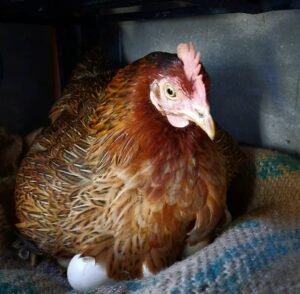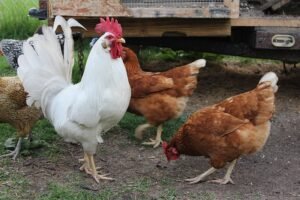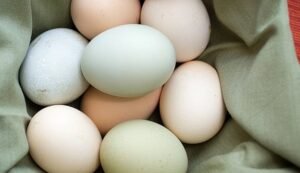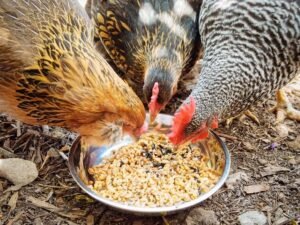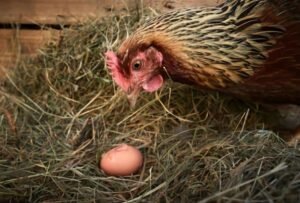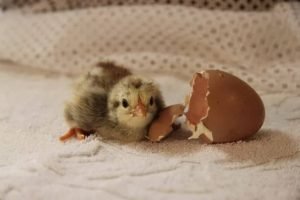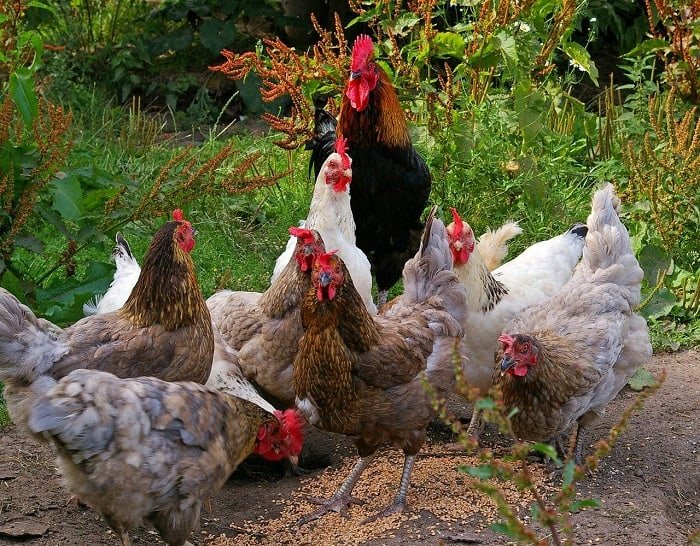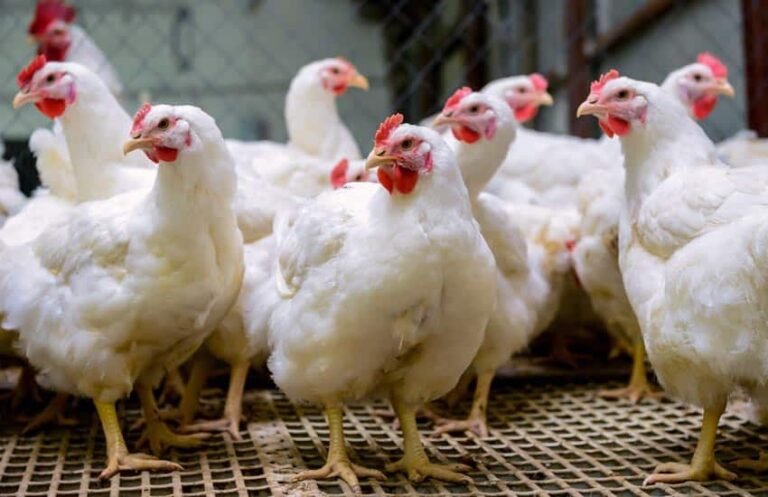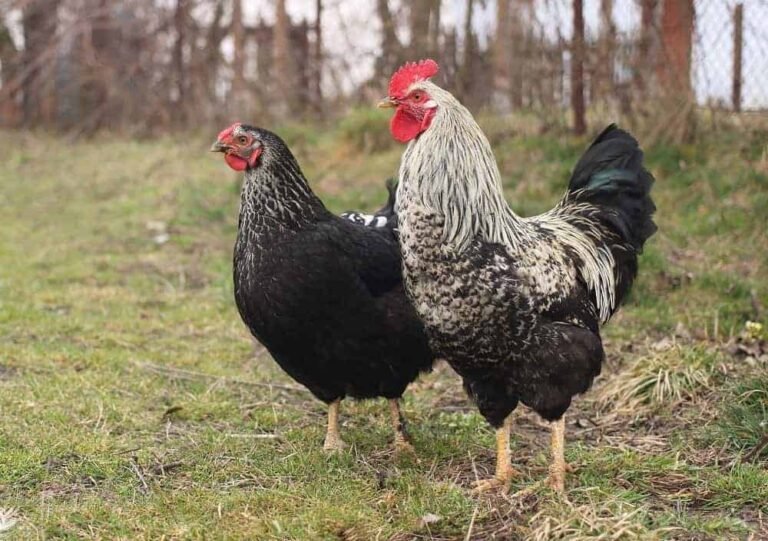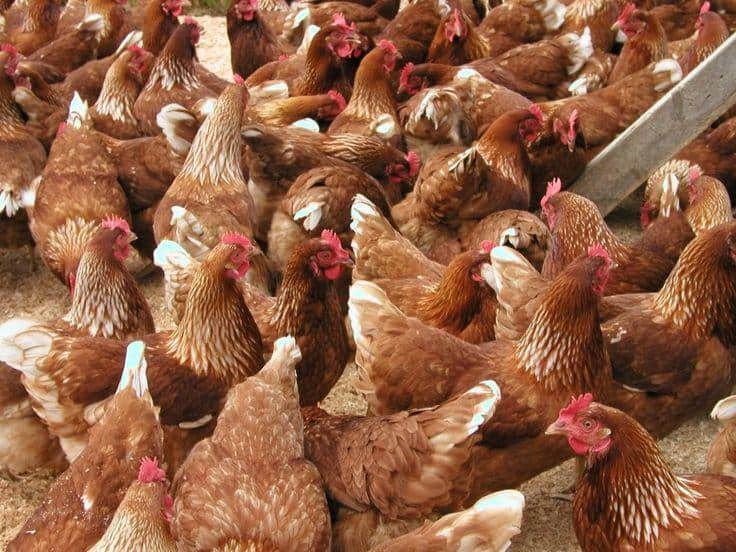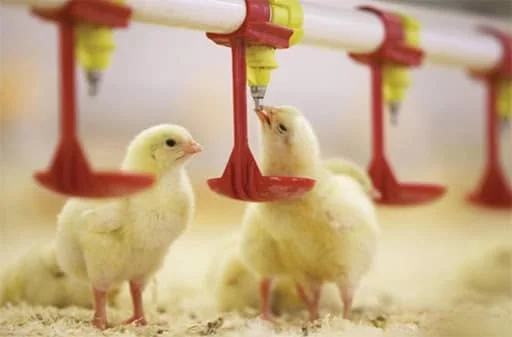Chicken Molting? Use These Helpful Tips as a Solution

Your chicken is molting again and you still don’t know how to handle it?
Whenever you notice more feathers scattered around the coop, either of these two things can be happening.
- Your flocks have just been attacked by chicken predators.
- Or, they are molting.
Therefore, get rid of that thought that your chickens just had a pillow fight.
They certainly do not have hands or use pillows.
Usually, there comes a time in the year where your chickens have to molt.
In this article, we have demystified all you need to know about molting chickens.
Also, we have included why your chickens lose their feathers and how you can help them during the process.
The tips below will help you achieve the best productivity when your chickens molt.
So what exactly is moulting?
Find out below!!!
What is chicken molting?
Have you ever seen a chicken or bird shedding its feathers or an animal with horns shedding its horns?
Or have you seen a reptile shedding its skin?
If you have, then you know what molting is.
It gets to that time of the year when chickens lose their old feathers and regrow a new one.
When the chickens get older, their plumage becomes old, dull and sometimes broken.
At this point, it’s time to get some shiny new ones back by shedding the spent feathers.

What are the types of chicken molting?
Your chickens will molt differently and in different ways.
Basically, there are two types of molting.
Your chickens will undergo either of the two at different points in their lives.
As a farmer who would want to help the chickens during molting, it’s expedient to know the kind of molting they are undergoing to know how to help them effectively.
The different kinds of molting include;
1. Soft Molting:
Soft molting is a process in which your chickens lose their feathers slowly one at a time.
During this kind of molting, a chicken will drop its feathers slowly over an extended period of time.
It usually takes a longer time than hard molting.
2. Hard Molting:
Hard molting usually leaves the farmers sacred.
Just yesterday, the chickens looked normal and feathery and the next morning, they lost a large number of feathers.
It happens in the twinkle of an eye.
Chickens who “hard molt” look worse than the ones who “soft molt”.
Most look like a Naked Neck Chicken.
Usually, hard molting is quicker and takes a few days.
Why do chickens have to molt?
Basically, molting is a natural process that occurs out of necessity.
Chickens molt because old and broken feathers cannot take the pangs of cold weather.
Secondly, the old plumage does a terrible job in providing insulation and protection.
Because of these, the chickens have to keep warm and protect themselves by losing their old feathers.
You can agree with me that a new fluffy sweater keeps you warmer than the old one you’ve washed a thousand times.
What triggers chicken molting?
Like earlier stated, no chicken will want to undergo molting all things being equal.
However, because it’s a matter of great need and a natural process, it just happens when it’s time.
But on the flip side, a chicken will not molt unless it is triggered.
Here are one some factors that trigger your mature chickens to molt;
- Stress
- Illness
- Dehydration
- Malnutrition
- Extreme heat.
- End of a laying cycle.
- Shorter daylight hours
When your chickens are affected by either of these, they can be forced by nature to molt.
Therefore, we recommend you keep your chickens healthy because any of these triggers can induce an untimely molt.
Once these triggers are triggered, they can lead to molting laycation.
What’s that?
Find out below!!!
What is Molting Laycations?
Simply put, molting laycation is a period of time during molting when chickens stop laying eggs.
In our article, why your chickens are not laying eggs yet, we x-rayed how molting can cause your chickens not to lay eggs regularly.
And that’s what we call molting laycation.
It’s a vacation trip away from egg-laying activities as a result of them growing new feathers.
To grow new feathers, the chickens need more protein and making eggs requires the use of protein.
Since the feathers are more important to the chickens than the eggs, they take a break from egg-laying to make new feathers.
This “laycation” is considered the end of the year’s egg-laying cycle.
If you want more eggs and your chickens are hale and hearty, you have a role to play to help the chickens during molting.
Below you can find helpful tips to help your chickens when they molt.

Helpful tips to help your molting chicken
Is your chicken molting?
Do you need some helpful tips that will serve as a solution?
These tips below will help you achieve the best productivity when your chickens molt.
Tip 1: Avoid anthropomorphizing the birds:
What’s that?
No doubt when chickens molt, they are susceptible to cold.
Even at that, a sweater or wrapper is not a solution to their cold.
That’s anthropomorphizing!!!
Helping your chickens with sweaters.
Chickens have thrived in the years past without sweaters, they don’t need one now either!
Molting is an uncomfortable painful process.
Sweaters will only add to the pain in their ultra-sensitive skins with the pin feathers poking out.
Tip 2: No hugs:
I know you feel sorry for your chicken but do not hug a molting chicken.
Your hugs will only make the painful process unbearable.
Because they know you might worry and extend a hug, they usually keep away from touch no matter how cuddly they are.
It’s advised to let them be till the molting season is over.
Only help them if absolutely necessary.
Tip 3: Increase the protein content in their diet:
Molting is a protein sapping process.
Therefore, topping up the protein content in their diet during molting is one way to keep balance.
Normally, the chicken feed contains 16% protein.
However, when the chickens molt, you should increase the protein content in their diet to at least 18%.
An increase to 20 – 22% is also good.
Another option is to supplement their diet with fermented chicken feed, organic feeds or a protein snack.
When you do this, ensure you provide a source of calcium to your flock every day.
Tip 4: Supplement their diet with protein-rich snacks
If you have molting chicken, a good supplement will be providing them with protein-rich snacks.
Protein-rich snacks are ideal if you do not wish to switch feeds.
Although treats are good, a healthy snack to supplement your molting chickens’ diet is best.
Some of the protein-rich snacks include;
- Black Soldier Fly grubs (Grubblies)
- Sprouting lentils
- Seeds
- Mealworms
- Cat food
- Sunflower seeds
- Oats
- Grains (You can make them into a fodder)
Supplementing the diet of a molting chicken with protein-rich snacks will help supply the level of protein needed for molting.
Tip 5: Limit stress
If you really want to help your molting chickens, do not stress them.
Stress is one of the factors that trigger molting.
Limiting all the processes or activities that will stress them.
“How do I do that?”
Here’s how you can limit stress around the coop for the molting chickens;
- Avoid making any big changes during this time.
- Do not introduce new members to the flock.
- Avoid remodeling the coop.
This means a lot to them at this point.
Frequently asked questions about chicken molting
At what time of the year do chickens molt?
Basically, chickens molt during fall.
How often do chickens molt?
Usually, chickens will molt just once a year.
Although it can occur more than once if the molt is induced by triggering factors.
How long does it take for a chicken molt?
The duration of molt depends on the type of chicken molting and the individual chicken personality.
Soft molting takes months whereas hard molting takes a few days.
Sometimes, molting takes three or four months!
Do all chickens molt the same way?
No.
All chickens do not molt the same way.
Just like there are individual personalities, each of your chicken buddies will molt their own way according to their own“schedule.”
Also, the genetics of a chicken will determine how they molt.
Chicken breeds that lay more eggs offer molt the hard way.
Whereas non-eggcellent layers go the soft way.
How do you keep chickens warm when molting?
To keep your chickens warm during molting, you just have to increase the temperature around the coop.
You can add another heating lamp to the coop to keep them warm.
However, to ensure all is safe, you can take the molting chickens to another coop to prevent overheating of the other chickens
What is the best feed for molting chickens?
During molting, a feed containing 18% protein is ideal for the chickens.
Also, you can supplement using protein-rich snacks.
How do chickens act during molting?
When chickens molt they tend to stay away from the flock.
They hide and nurse the pain induced by the process they are undergoing.
That’s when you see that aggressive “King of the flock” all calm and quiet.
What happens during molting?
During molting, chickens lose their feathers and stop laying eggs.
Is molting painful for chickens?
Yes, molting is a painful and hurtful process for chickens.
When they regrow their feathers their skins become ultra-sensitive and pin-like feathers poke out.
Those pin-like feathers are painful and discomforting.
Do chickens lay eggs during molting?
During molt, chickens will stop laying eggs.
They will use this time to build up their nutrient reserves and store protein used for molting.
Is molting shedding?
Yes, molting is a more agricultural term for shedding when it comes to birds and other animals.
Do chicks molt?
Yes, day-old chicks go through a series of three ‘mini’ molts before they mature.
However, this kind of molting is slightly different from the seasonal molting adult chickens undergo.
A young chicken or pullet will not molt until its 15 – 18 months of age.
Do Roosters molt?
Yes, roosters molt.
Molting is a natural process for both roosters and hens.
How can I stop my chicken from molting?
I’m so sorry but you can’t stop your chickens from molting.
Chickens will molt as surely as the sun will rise.
It is a natural process that cannot be stopped or prevented.
Summary
Knowing what your chickens pass through during molting is one way to know the best way to help them.
Until they regrow their feathers, you have to let them be.
However, what you can do is to create a high protein diet for them in addition to protein-rich snacks.
Tell us in the comment section how you felt when your chicken buddies were molting.
References
- Five Tips to Help Your Molting Chickens
- Molting Chickens: What Is It and How to Fix It
- The Molting Process
- Chicken Molting: When, How Long, Care Guide and More…
- 12 Best Chicken breeds for Eggs – chicken breeds for eggs
- When Do Chickens Start Laying Eggs Regularly?
- How Many Eggs Does A Chicken Lay In A Week?
- Fermenting chicken feed – The definitive guide
- 10 Sure Ways To Stop Chickens from Eating Their Eggs [+Bonus]
- 6 Best Chicken Egg Incubators for Chicken Eggs and Other Birds
